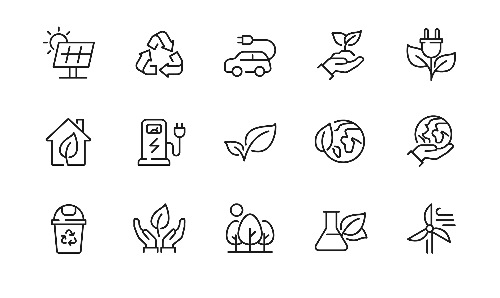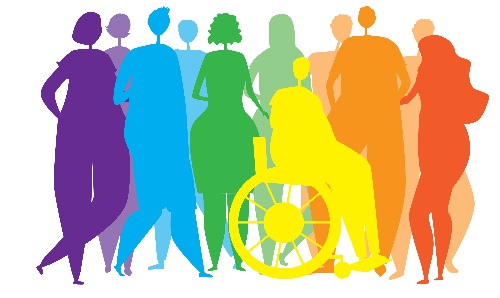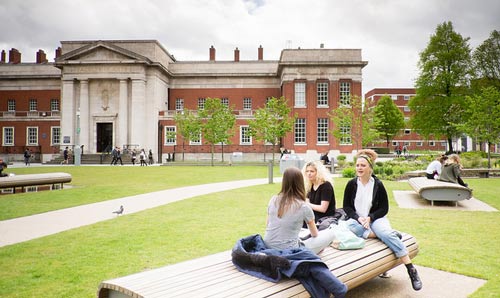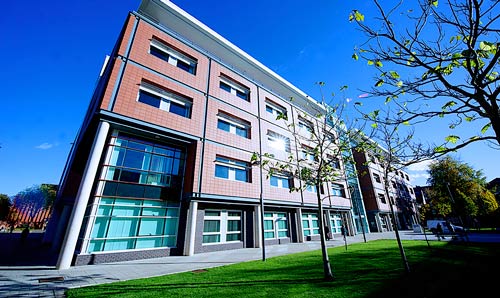
Social responsibility
We aim to contribute to the social, economic, and cultural success of the local, national, and international community by using our expertise and knowledge to address the major challenges of the 21st century.
Our priorities form part of the University’s overarching goals around Social responsibility.
Find out more about how we’re making a difference.
.jpg)
Civic, cultural and public engagement
We are harnessing our knowledge and resources to make a difference in our local communities.

Environmental sustainability
Our research, teaching, and activities are guided by our commitment to environmental sustainability.

Equality, diversity and inclusion (EDI)
Ensuring the diversity of our workforce mirrors the ethnic, disability, and gender makeup of our community.
.jpg)
Social responsibility in teaching and learning
Ensuring our graduates are able to exercise important ethical, social, and environmental responsibilities.
Social responsibility in our Schools
Each of our schools in the Faculty of Humanities is committed to social responsibility.
Find out more about our School-level social responsibility activity.

.jpg)


